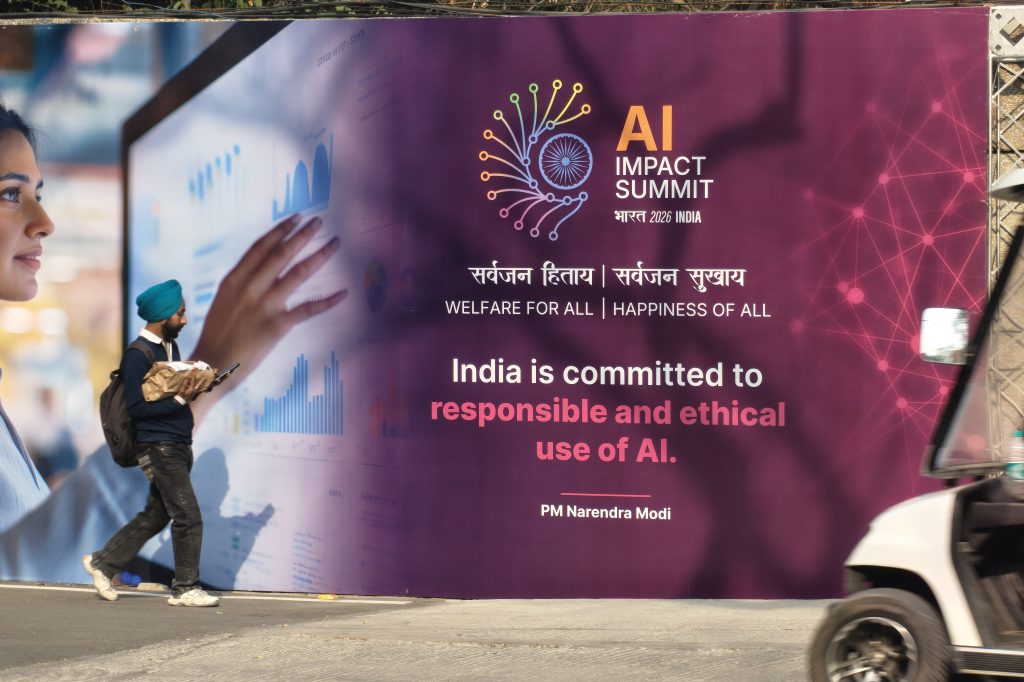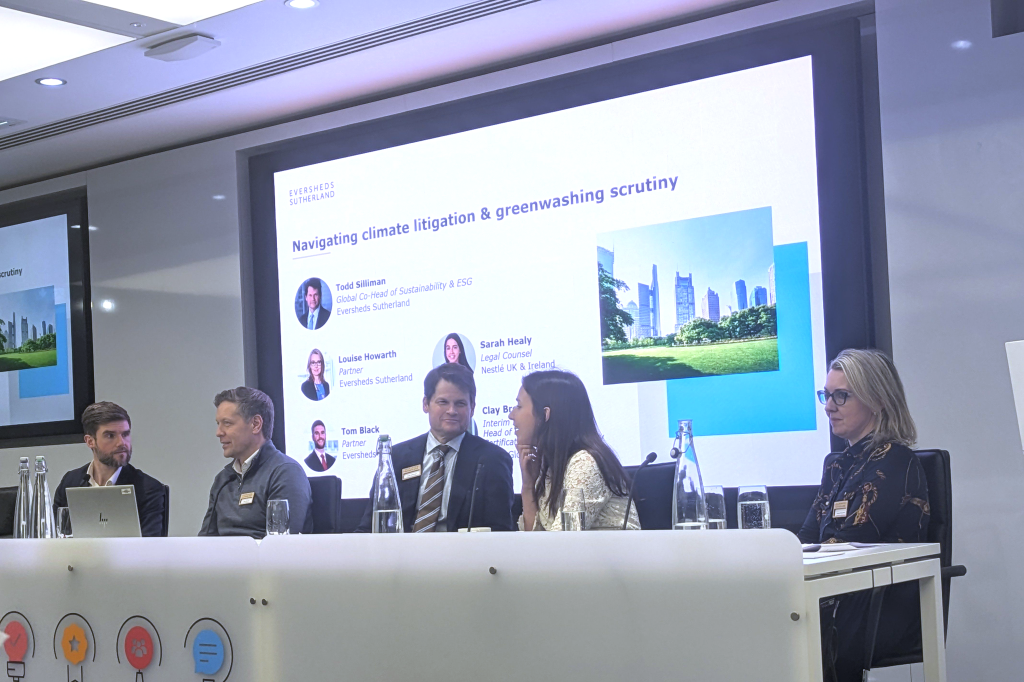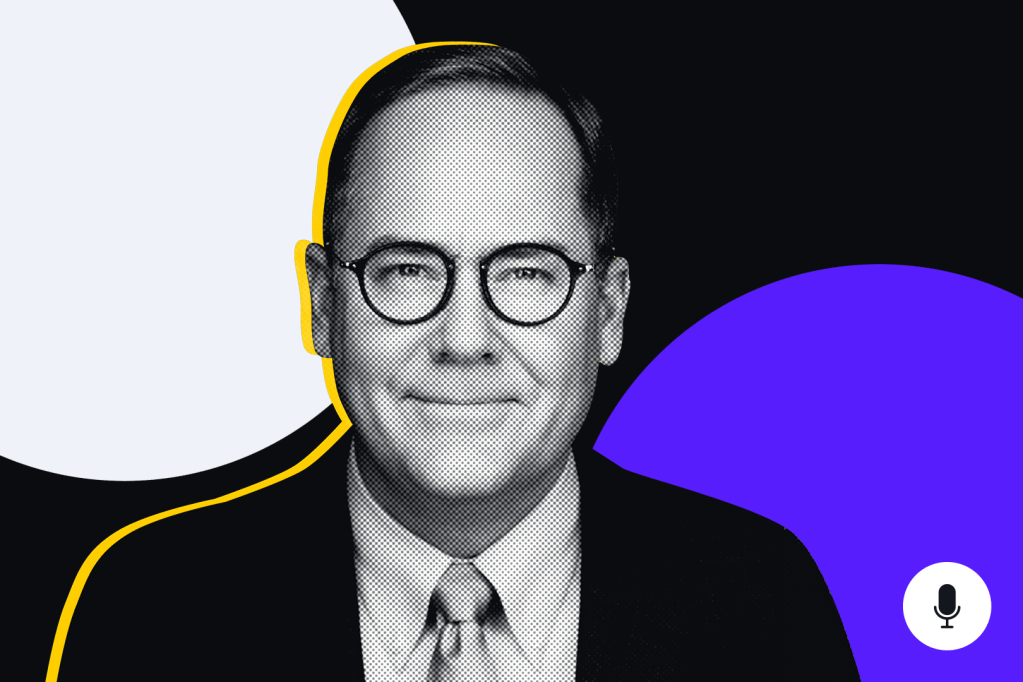This is a transcript of the podcast Attorney Duane Pozza on AI regulation between attorney Duane Pozza and GRIP’s senior reporter Carmen Cracknell.
[INTRO]
Carmen Cracknell: Hello listeners. From Biden’s executive order last October to the EU’s proposed AI act, there’s a lot going on right now in the world
Register for free to keep reading
To continue reading this article and unlock full access to GRIP, register now. You’ll enjoy free access to all content until our subscription service launches in early 2026.
- Unlimited access to industry insights
- Stay on top of key rules and regulatory changes with our Rules Navigator
- Ad-free experience with no distractions
- Regular podcasts from trusted external experts
- Fresh compliance and regulatory content every day













